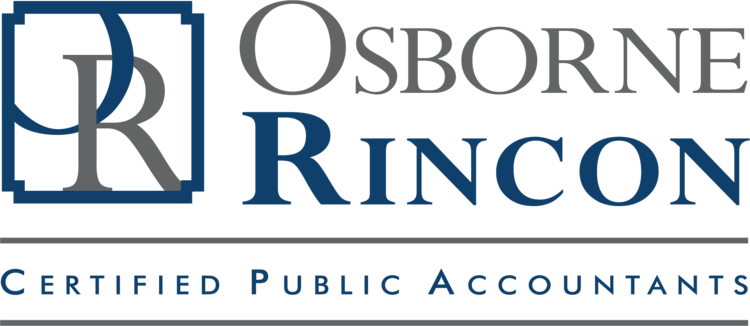By: Jason Schneider, CPA/Partner, Osborne Rincon CPAs
Ranking high on the hottest tax topics of the 2018 filing season was in regards to Section 199A, which allows for a 20% tax deduction on qualified business income (QBI) for S-Corporations, LLCs and/or Sole Proprietorships. Simply speaking, this results in paying 80 cents on the dollar for business income –which sounds great – but comes with some very specific limitations.
One such limitation revolves around how this Internal Revenue Code section applies to rental real estate. The code was clear in regards to operations that are treated as traditional businesses, but was short on details when it came to rental activities or other forms of passive income.
It wasn’t until just prior to the opening of filing season that the Internal Revenue Service released guidance in regards to the Section 199A deduction and rental real estate, and for the most part, investors and the accounting industry were pleasantly surprised. The IRS had agreed to extend the 199A deduction to rental activities under certain circumstances – one of which was that the lease could NOT be a triple net lease.
Triple net leases have become an extremely popular investment vehicle for individuals looking for a steady stream of income while carrying minimal risk and low overhead. In a triple net lease, the tenant is responsible for paying property taxes, insurance and maintenance on the building in addition to rent and utilities.
By disallowing the application of the 199A deduction to these leases, the IRS is – in effect – saying that because the burden of risk is being shifted to the tenant and not the landlord, then the tax benefit from this new provision will not apply either. Does this mean landlords should start converting their triple net leases to another lease type? As in most tax questions, the answer is, it depends.
Under the right circumstance, for owner-occupied property with an arms-length lease, for example, it might be worth renewing or rewriting the lease to take advantage of this deduction. By converting to a traditional lease and charging an additional 1%-2% rent, the landlord would open the possibility of taking the deduction in this case.
Because there is no predicting what may happen with tax laws, consulting with your business and/or tax advisor prior to signing or renewing a lease would be a prudent business decision.
For more information call Osborne Rincon CPAs at 760-777-9805.
